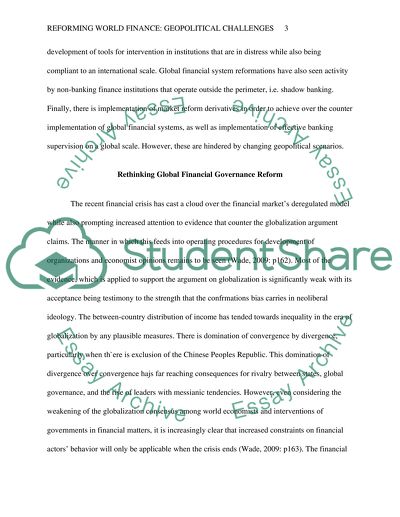Cite this document
(“Reforming World Finance: Geopolitical Challenges Essay”, n.d.)
Reforming World Finance: Geopolitical Challenges Essay. Retrieved from https://studentshare.org/finance-accounting/1474778-reforming-world-finance-geopolitical-challenges
Reforming World Finance: Geopolitical Challenges Essay. Retrieved from https://studentshare.org/finance-accounting/1474778-reforming-world-finance-geopolitical-challenges
(Reforming World Finance: Geopolitical Challenges Essay)
Reforming World Finance: Geopolitical Challenges Essay. https://studentshare.org/finance-accounting/1474778-reforming-world-finance-geopolitical-challenges.
Reforming World Finance: Geopolitical Challenges Essay. https://studentshare.org/finance-accounting/1474778-reforming-world-finance-geopolitical-challenges.
“Reforming World Finance: Geopolitical Challenges Essay”, n.d. https://studentshare.org/finance-accounting/1474778-reforming-world-finance-geopolitical-challenges.


